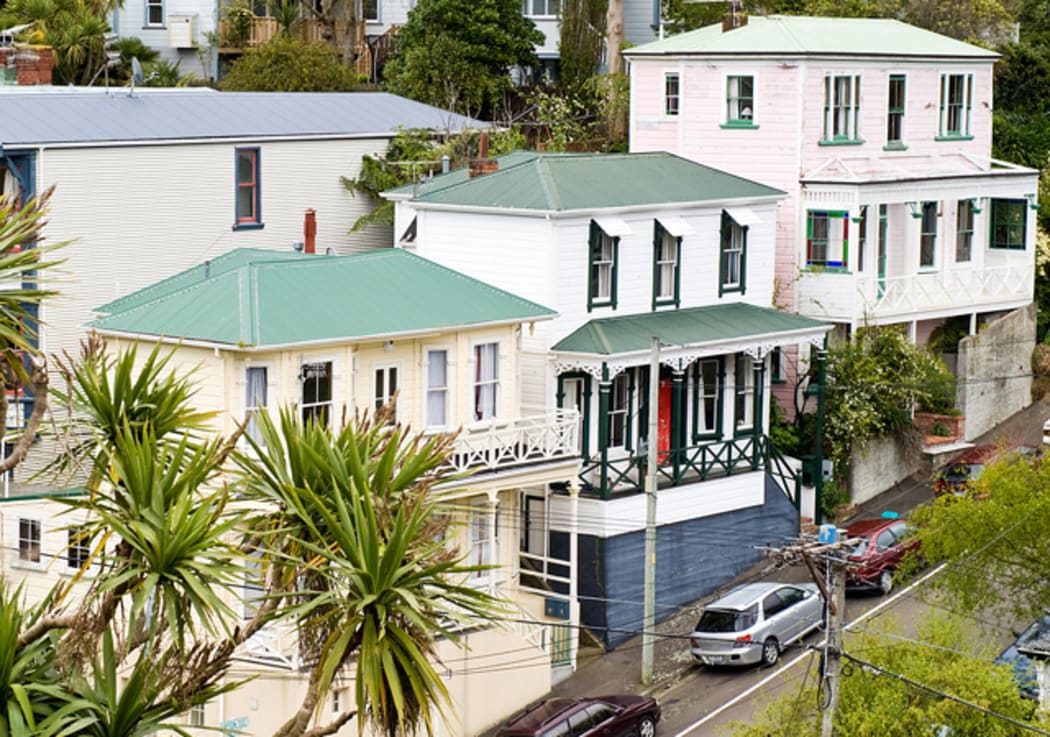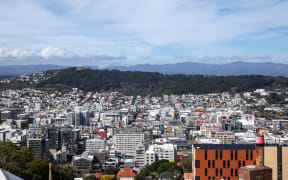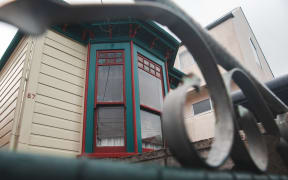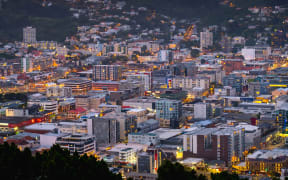Wellingtonians are divided over proposals to increase the density of housing in the central city and suburbs.

The report shows many are unhappy with how the plan balances character areas with providing new housing. Photo: Wellington City Council
Nearly 3000 people provided feedback on the council's Draft Spatial Plan, which outlines the city's blueprint for how to accommodate population growth.
It points towards higher density living, clustered around the urban centres of suburbs, as well as for the CBD.
The city's population is estimated to expand by 50,000 to 80,000 by 2050.
Analysis of the results found intensification was the most commonly discussed topic, but respondents were torn.
Nearly 60 percent agreed with plans to intensify the CBD, but when it came to intensification of inner and outer suburbs, just 45 and 44 percent were in favour respectively.
"There is a concern among some that the intention of the Spatial Plan to densify the city will come at the expense of the quality of life and urban environment Wellingtonians already enjoy," said Mayor of Wellington Andy Foster.
"Doing density well will be a key consideration as we move into the District Plan Review later this year."

Andy Foster: "Doing density well will be a key consideration." Photo: RNZ /Dom Thomas
Meanwhile, the report showed many were unhappy with how the plan balances character areas with providing new housing.
When first released in September last year, the Draft Spatial Plan stimulated debate between heritage advocates, and those in favour of more housing.
The report, however, found that nearly three-quarters believed there should be a continued emphasis on streetscape character, to ensure new developments respected the local streetscape.
Only a third of respondents agreed that the plan correctly balanced the need to protect special character areas, and the need to provide more housing in these areas.
"It's clear that everyone wants what's best for the city and people who live here and that the city wants us to lead on providing more affordable housing," Mayor Foster said.
"We heard repeatedly that increasing housing supply and affordability should be a priority, along with caring for the built and natural environments."
Another cause for concern from the respondents was a doubtfulness about the city's infrastructure being able to accommodate the expected population growth.






